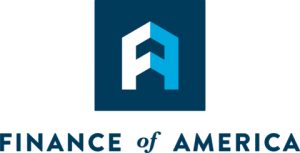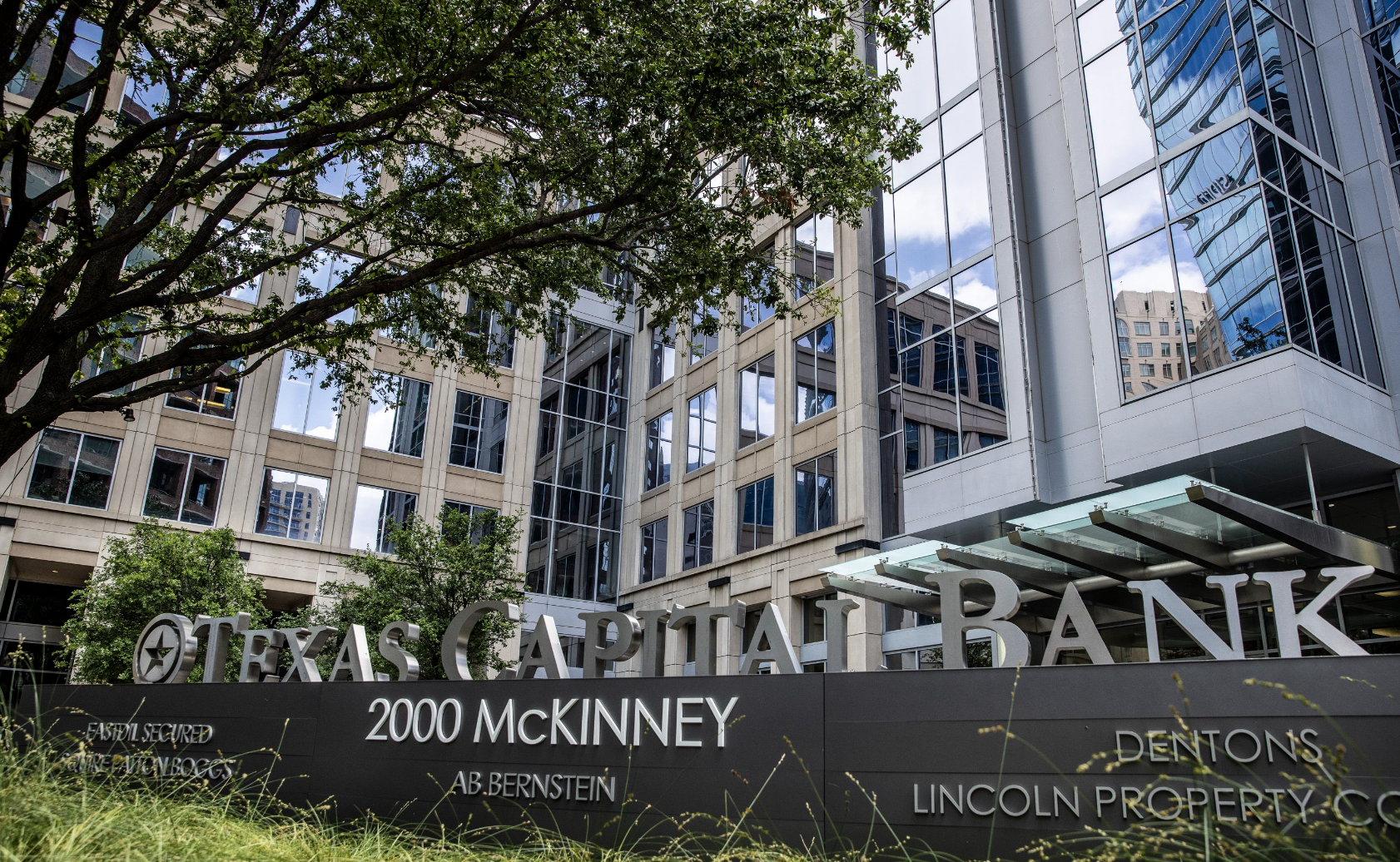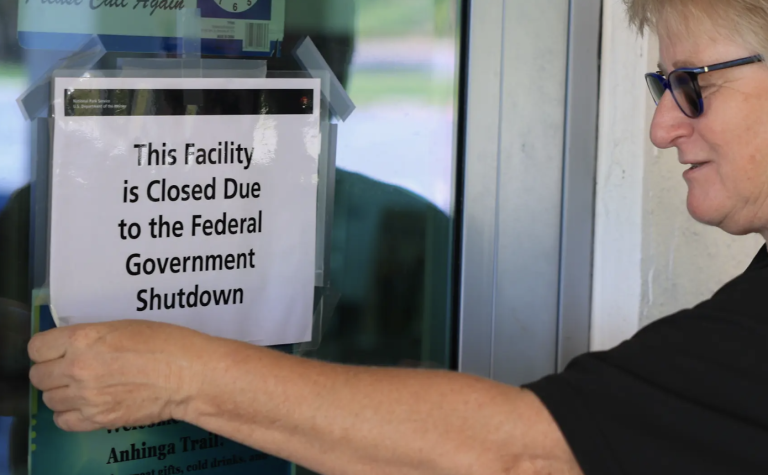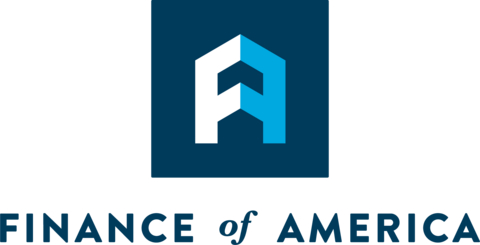UPDATED: In a recent legal development, Texas Capital Bancshares Inc. has filed a lawsuit accusing federal housing authorities of reneging on their promises of financial support after persuading the bank to aid a bankrupt reverse-mortgage provider.
The lawsuit targets the Government National Mortgage Association, better known as Ginnie Mae, alleging that Ginnie Mae canceled liens on tens of millions of dollars in collateral. This cancellation followed Texas Capital’s agreement to provide a loan to Reverse Mortgage Funding LLC, a move intended to assist customers of the failed reverse mortgage provider, which was one of the leading providers of government-backed reverse mortgages.
According to the complaint filed by Texas Capital Bank, a unit of the bank, the emergency funds were provided “in an effort to protect thousands of senior citizen mortgagors.” However, the lawsuit claims that shortly thereafter, Ginnie Mae reversed its position and left Texas Capital Bank empty-handed.
The dispute stems from the bankruptcy of Reverse Mortgage Funding last year, a company that, like many in the industry, faced challenges due to rising interest rates and regulatory pressures. Texas Capital contends that Ginnie Mae encouraged it to provide debtor-in-possession financing after Reverse Mortgage Funding’s failure.
The lawsuit asserts that “After inducing TCB to lend tens of millions of dollars so as to rescue RMF, thousands of retirees, and the politically important” Home Equity Conversion Mortgage program, Ginnie Mae nullified the bank’s priority lien. As a result, Ginnie Mae essentially asserts that Texas Capital Bank’s only recourse for repayment is RMF, a bankrupt entity with minimal assets.
Texas Capital Bank claims that Ginnie Mae’s actions may compel it to cease making reverse mortgages altogether, further stressing an already weakened industry. The complaint warns that “Ginnie Mae’s position will likely trigger an unwillingness on the part of lenders (including TCB) to extend financing necessary for millions of current and future seniors to fund their retirement, and will threaten the viability of the HECM program.”
The Home Equity Conversion Mortgage (HECM) program, administered by the U.S. Department of Housing and Urban Development, enables older homeowners to access the equity in their properties for expenses such as home repairs or living costs. Although HECM loans represent a small portion of the overall mortgage industry, their role remains significant for seniors seeking financial flexibility.
Texas Capital is currently ranked as the 64th largest lender in the U.S., with assets totaling nearly $29 billion as of June 30. Over the past couple of years, the bank has undergone a strategic transformation, expanding into various financial services segments such as investment banking, treasury, and wealth management.
Ginnie Mae has not yet responded to requests for comment regarding the lawsuit.
This case underscores the complexities and challenges faced by both lenders and government agencies in the reverse mortgage sector, highlighting the need for greater clarity and consistency in the industry’s regulatory landscape. We will continue to monitor this lawsuit’s developments and its potential implications for the reverse mortgage industry.
Note: This article is for informational purposes only and does not constitute legal or financial advice.























+ There are no comments
Add yours